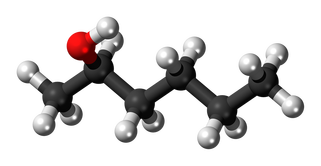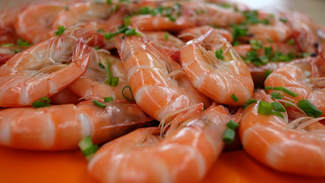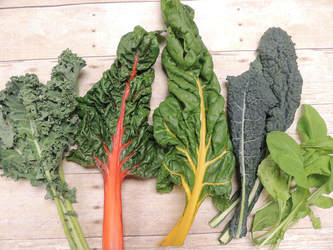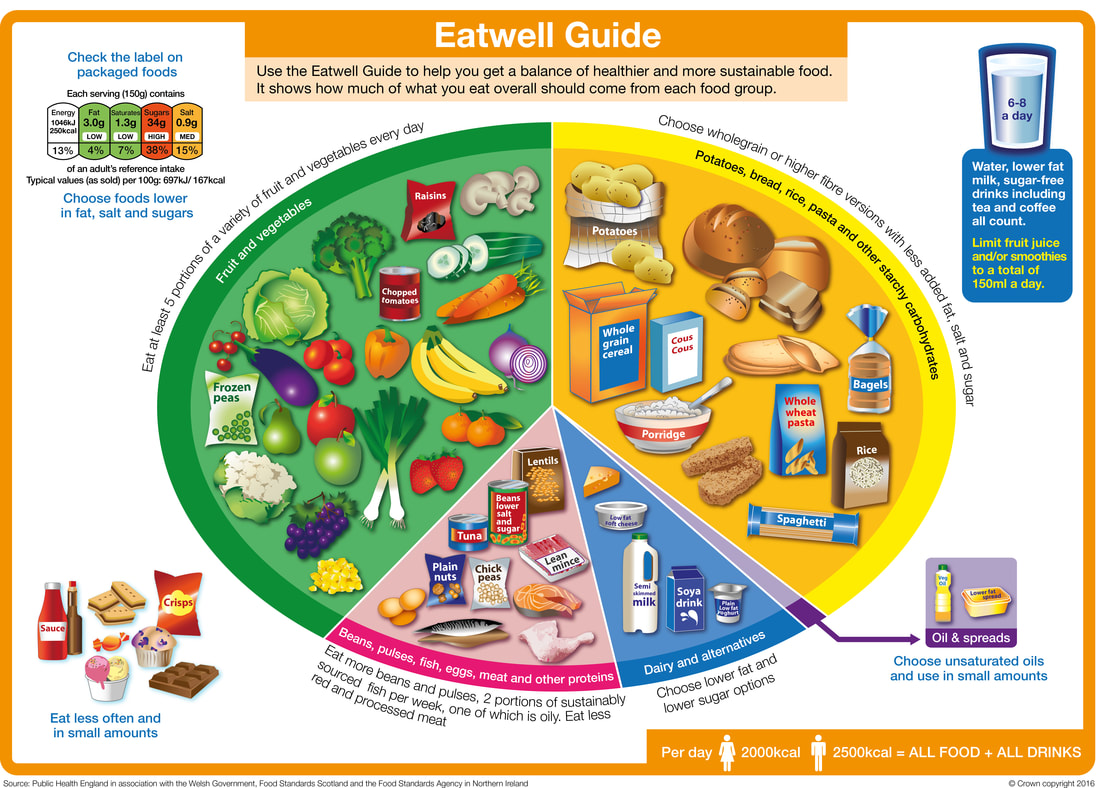The idea that antioxidants could be helpful in limiting the damage that MS causes in the central nervous system (CNS) has been suggested by some researchers exploring the action of oxidants (or free radicals) on disease.This suggestion may seem a little far-fetched on the surface until we consider that antioxidants have been shown to help protect the body against heart disease and some cancers; so it's a relatively short jump - once we understand how oxidants can damage the body - to the idea that they could be helpful in limiting damage in MS.
What are oxidants and what is their relevance in MS?
Oxidants are highly reactive chemicals which bind to - and change - the structure (and therefore function) of specific structural components of the body. Essential fatty acids (EFAs) are of particular interest for us with MS as they form much of the structure of cell membranes, myelin and DNA, and are highly vulnerable to damage from oxidants through an oxidation process.
Oxidants have therefore been suggested to attack the EFAs within the CNS which may be responsible in part for the damage caused in MS.
Oxidants are found in many every-day items including alcohol, tobacco smoke, fried foods, pesticides and air pollution; by their very nature it is difficult (even impossible) to avoid them so some research has focussed now on how we can protect ourselves and theoretically limit the damage caused by oxidants.
Oxidants have therefore been suggested to attack the EFAs within the CNS which may be responsible in part for the damage caused in MS.
Oxidants are found in many every-day items including alcohol, tobacco smoke, fried foods, pesticides and air pollution; by their very nature it is difficult (even impossible) to avoid them so some research has focussed now on how we can protect ourselves and theoretically limit the damage caused by oxidants.
The role of dietary antioxidants in protecting against oxidative damage
Research has focussed on the protective nature of antioxidant vitamins to guard against oxidative damage to the body; if you're interested, this oxidation is the same process responsible for structural degereration of the body as we age, so antioxidant vitamins have many other, more aesthetic, uses within the body too!
The antioxidant vitamins are vitamins A,C and E.
The antioxidant vitamins are vitamins A,C and E.
The antioxidant vitamins
1. Fat-soluble vitamins
Vitamins A and E are fat-soluble vitamins so can be stored in the body for some time and do not need to consumed daily.
1. Fat-soluble vitamins
Vitamins A and E are fat-soluble vitamins so can be stored in the body for some time and do not need to consumed daily.
Vitamin A
Vitamin A is responsible for:
- Maintaining retinal health (vision)
- Stimulating gastric juices for protein digestion
- Vital roles in bone building
- Protecting against degenerative damage and damage from pollution
- Pasture-reared eggs
- Seafood
- Cod liver oil
- Liver and other organ meats
Vitamin E
Vitamin E is responsible for:
- Aiding in blood circulation
- Helping with tissue repair and healing
- Maintaining structural integrity of cells
- Slowing ageing process
- Helps to protect against cancer and heart disease
- Wholegrains
- Raw nuts and seeds
- Dark green leafy vegetables (eg kale, spinach)
- Organ meats
- Unrefined vegetable oils
2. Water-soluble vitamins
Water-soluble vitamin cannot be stored in the body in any great quantity so much be consumed as part of the diet on a daily basis.
Vitamin C
Vitamin C is responsible for:
- Immune system function
- Aiding in tissue growth and repair
- Vital role in formation of collagen and connective tissue health
- Strengthening capillary walls
- Supports adrenal gland function
- Fresh fruit
- Fresh vegetables
- Some organ meats
Individual vitamins and minerals are great, but... The importance of a whole-diet approach
A word of caution; individual vitamins and minerals are a very important part of a healthy diet however it's important to remember that we eat a varied diet made up of multiple combinations of different foods; so whilst these vitamins are key to the various important processes be mindful of not excluding other important vitamins and nutrients too.
A cautionary word about antioxidants
Despite the seemingly common-sense theories of antioxidant use in MS (as explained above) there is not enough conclusive evidence published as yet to recommend their use as a preventive treatment for MS.
Much in the same way as with 'special diets' promoted to help in MS as detailed on the website ( http://www.healthylifems.com/the-diet-debate-in-ms.html ) this same advice holds true; there is likely no consensus published because there is not enough evidence available. This is an area still being researched so it will be interesting to see what (if any) further advice emerges in the next few years.
Despite the seemingly common-sense theories of antioxidant use in MS (as explained above) there is not enough conclusive evidence published as yet to recommend their use as a preventive treatment for MS.
Much in the same way as with 'special diets' promoted to help in MS as detailed on the website ( http://www.healthylifems.com/the-diet-debate-in-ms.html ) this same advice holds true; there is likely no consensus published because there is not enough evidence available. This is an area still being researched so it will be interesting to see what (if any) further advice emerges in the next few years.
A less-cautionary word about antioxidants!
One thing that we do know about general health, regardless of their role in MS, is that antioxidants are important in the specific functioning of the body and the prevention of certain other diseases mentioned above: some cancers and coronary heart disease. The advice about the consumption of foods rich in dietary antioxidants underpins the UK Department of Health's '5-a day' message to consume at least five portions of fruit and vegetables per day for general health and wellbeing, so regardless of whether research in the future does show antioxidants to be beneficial as a treatment (or partial treatment) for MS it is important that we all, regardless of our MS, consume a varied diet with a selection of different fruits and vegetables each day.
A helpful piece of advice given by many dietitians is to make sure that we 'eat the rainbow' ie eat a variety of multi-coloured fruits and vegetables each day to maximise vitamin and mineral intake. This image taken from the British Heart Foundation illustrates this advice nicely although they are quick to point out that overall daily intake of fruit and vegetables is more important than focussing on the range of colours, but I think it is a helpful reminder when preparing meals to think to yourself 'if there is enough colour on my plate'?
Final words from me
Have a look at my website to understand more about how diet can help us manage some of our specific MS symptoms.
Do let me know if you have enjoyed this post and found it useful. Send me an email (address below); send me a tweet (@healthylifems) or send me a message through the contact page on the website, I'd love to know what you think.
Diana xx
Have a look at my website to understand more about how diet can help us manage some of our specific MS symptoms.
Do let me know if you have enjoyed this post and found it useful. Send me an email (address below); send me a tweet (@healthylifems) or send me a message through the contact page on the website, I'd love to know what you think.
Diana xx
References:
Active IQ (2016) ‘Applying the principles of nutrition to a physical activity programme: antioxidants’ in Personal Training Manual.
Department of Health (2012) Manual of Nutrition. 12th ed. The Stationary Office; London
Department of Health (2017) The Eatwell Guide. Available at: https://www.gov.uk/government/publications/the-eatwell-guide
Farinotti M, Vacchi L, Simi S, Di Pietrantonj C, Brait L, Filippini G. (2012) ‘Dietary interventions for multiple sclerosis’. Cochrane Database of Systematic Reviews. Issue 12. Art. No.: CD004192. DOI: 10.1002/14651858.CD004192.pub3
Garrow, J.S., James, W.P.T. and Ralph, A. (2000) Human Nutrition and Dietetics. 10th ed. Churchill Livingston; London
Gibney, M. J., Margetts, B.M, Kearney, J. M and Arab, L. (2012) Public Health Nutrition. Blackwell Science; edited on behalf of The Nutrition Society: London
MS Society (2016) Diet and Nutrition booklet: available at https://www.mssociety.org.uk/ms-resources/diet-and-nutrition-booklet
Active IQ (2016) ‘Applying the principles of nutrition to a physical activity programme: antioxidants’ in Personal Training Manual.
Department of Health (2012) Manual of Nutrition. 12th ed. The Stationary Office; London
Department of Health (2017) The Eatwell Guide. Available at: https://www.gov.uk/government/publications/the-eatwell-guide
Farinotti M, Vacchi L, Simi S, Di Pietrantonj C, Brait L, Filippini G. (2012) ‘Dietary interventions for multiple sclerosis’. Cochrane Database of Systematic Reviews. Issue 12. Art. No.: CD004192. DOI: 10.1002/14651858.CD004192.pub3
Garrow, J.S., James, W.P.T. and Ralph, A. (2000) Human Nutrition and Dietetics. 10th ed. Churchill Livingston; London
Gibney, M. J., Margetts, B.M, Kearney, J. M and Arab, L. (2012) Public Health Nutrition. Blackwell Science; edited on behalf of The Nutrition Society: London
MS Society (2016) Diet and Nutrition booklet: available at https://www.mssociety.org.uk/ms-resources/diet-and-nutrition-booklet








